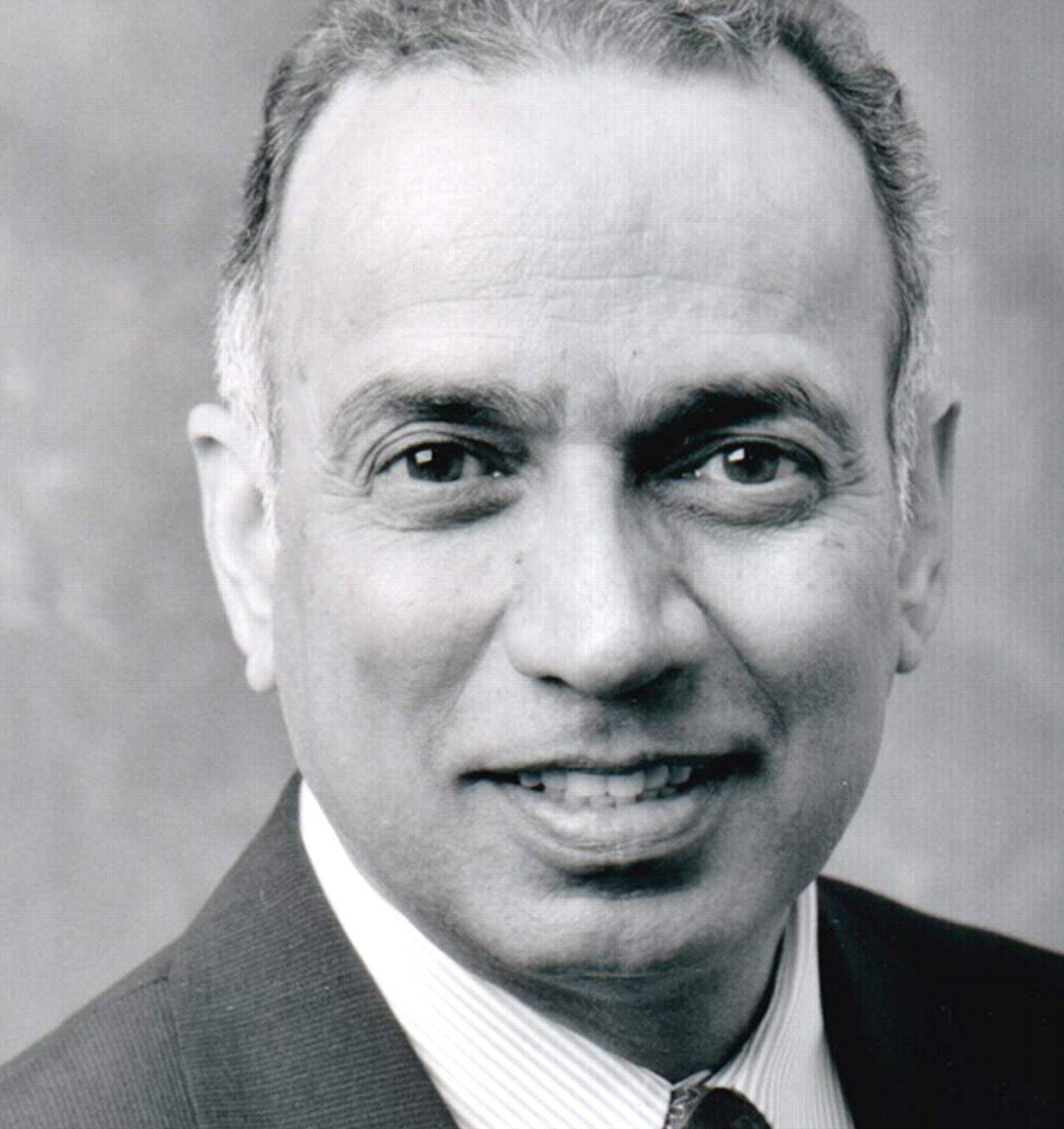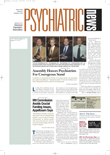New Freedom Commission on Mental Health member Anil Godbole, M.D., expanded on the problems uncovered by the commission and talked about the work yet to be done in an interview with
Psychiatric News.
The commission studied documents such as the 1999 “Surgeon General’s Report on Mental Health,” which pointed out a host of problems with the country’s mental health care system, he noted.
“The situation has deteriorated since that report because there were no significant policy changes in response to the findings,” Godbole said.
Godbole is chair of the psychiatry department at Advocate Illinois Masonic Medical Center and president of the National Association of Psychiatric Health Systems. He co-chairs the economic affairs committee of the Illinois Psychiatric Society and is chair-elect of the Behavioral Health Steering Committee of the Illinois Hospital Association.
The commission heard public testimony from consumers and their families, as well as formal presentations from advocacy and medical specialty organizations, including APA, and researchers.
What is labeled the mental health system can’t even be called a system, said Godbole. “So many agencies and programs are involved with mental health, child welfare, education, criminal justice, primary care. There’s no single accountability.”
“It’s left to the consumers and their families to coordinate care,” he added. “They are least able to do it, however, because of the emotional toll of mental illness.”
Godbole pointed to “workforce issues” as a recurring problem mentioned in testimony.
That problem is more complicated than a simple lack of trained mental health personnel. Many of the most successful programs require an interdisciplinary approach. “There is, however, a silo or guild approach to training, so that practitioners whose skills should be coordinated to provide effective mental health care are not prepared to work together,” he said.
Primary care settings, jails, nursing homes, and other long-term-care facilities have replaced the failed mental health system as inadequate sources of treatment, he said.
Godbole identified the crisis in access to inpatient care as an important problem that had not yet surfaced as a major issue for the commission.
He said that advocacy groups and medical specialty organizations had testified about a systemic reduction in funding for public and private mental health services.
“The question about the adequacy of resources will come up as we continue our work,” he said. Because of systemic fragmentation, funds for mental health are spread across the budgets of various agencies.
The good news, according to Godbole, is that with advances in science and service-delivery methods, effective treatment is available.
The bad news is that effective treatment reaches only a few people.
“We will look more into access to quality care,” he said. “How many of the problems relate to funding issues? Workforce training? Fragmentation?”
Godbole said the commission will need to find ways of incentivizing the implementation of best practices by reimbursement strategies. ▪

